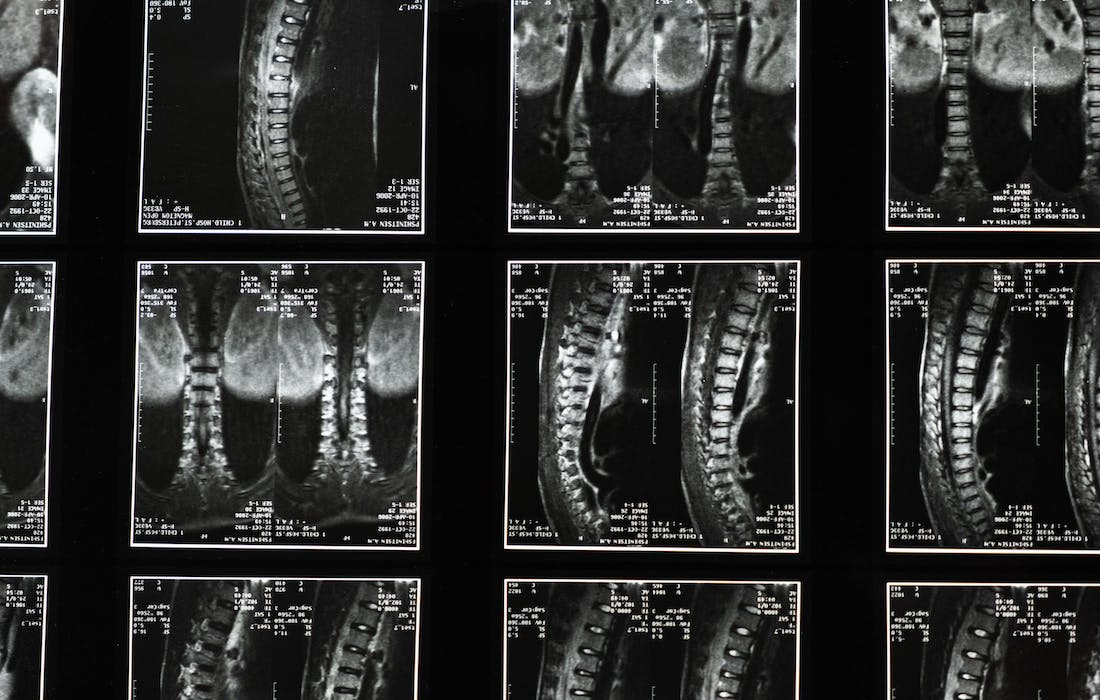The researchers found that 670 nanometres (nm) of red light stimulated energy production within mitochondria, the tiny powerhouses within cells, leading to increased consumption of glucose. In particular, it led to a 27.7% reduction in blood glucose levels following glucose intake, and it reduced maximum glucose spiking by 7.5%. While the study was conducted in […]
Author Archives: Karely Vega, MD
Older people may be at greater risk of developing pancreatic cancer and have poorer prognoses because of age-related changes in cells in the pancreas called fibroblasts, according to research led by investigators from the Johns Hopkins Kimmel Cancer Center, the Johns Hopkins Bloomberg School of Public Health and the Bloomberg~Kimmel Institute for Cancer Immunotherapy. The […]
Researchers at the University of Colorado Anschutz Medical Campus have found that inhibiting a key protein can stop the destruction of synapses and dendritic spines commonly seen in Alzheimer’s disease. The study, whose first author is Tyler Martinez, a student in the Pharmacology and Molecular Medicine PhD program at the University of Colorado School of […]
Problems with our sleep and internal body clock can trigger or worsen a range of psychiatric disorders, according to a new review of recent research evidence. The review, published in Proceedings of the National Academy of Sciences (PNAS), suggests gaining a better understanding of the relationship between sleep, circadian rhythms and mental health could unlock […]
A drug used to treat rheumatoid arthritis could also prevent the disease in individuals deemed to be at risk. Results from a Phase 2b clinical trial, published in The Lancet by researchers led by King’s College London, provides hope for arthritis sufferers after it was shown that the biologic drug abatacept reduces progression to this […]
When an enemy invades, defenders are ferried to the site to neutralise the marauders. In the human body, a protein carrier called SPNS2 transports S1P molecules from endothelial cells to rally immune cell response in infected organs and tissues. Using specially-developed nanobodies that bind to SPNS2 and enlarge the entire structure, the enlarged SPNS2 structure […]
Type 2 diabetes alters the behavior of discs in the vertebral column, making them stiffer, and also causes the discs to change shape earlier than normal. As a result, the disc’s ability to withstand pressure is compromised. This is one of the findings of a new study in rodents from a team of engineers and […]
Canadian researchers led by Montreal radiologist Gilles Soulez have developed a novel approach to treat liver tumours using magnet-guided microrobots in an MRI device. Guided by an external magnetic field, miniature biocompatible robots, made of magnetizable iron oxide nanoparticles, can theoretically provide medical treatment in a very targeted manner. Until now, there has been a […]
People who have had the herpes virus at some point in their lives are twice as likely to develop dementia compared to those who have never been infected. A new study from Uppsala University confirms previous research on whether herpes can be a possible risk factor for dementia. The researchers studied 1,000 70-year-olds from Uppsala […]
Like other factors such as age, sex and genetics, smoking has a major impact on immune responses. This is the finding recently made by a team of scientists at the Institut Pasteur using the Milieu Intérieur cohort of 1,000 healthy volunteers, established to understand variability in immune responses. In addition to its short-term impact on […]










